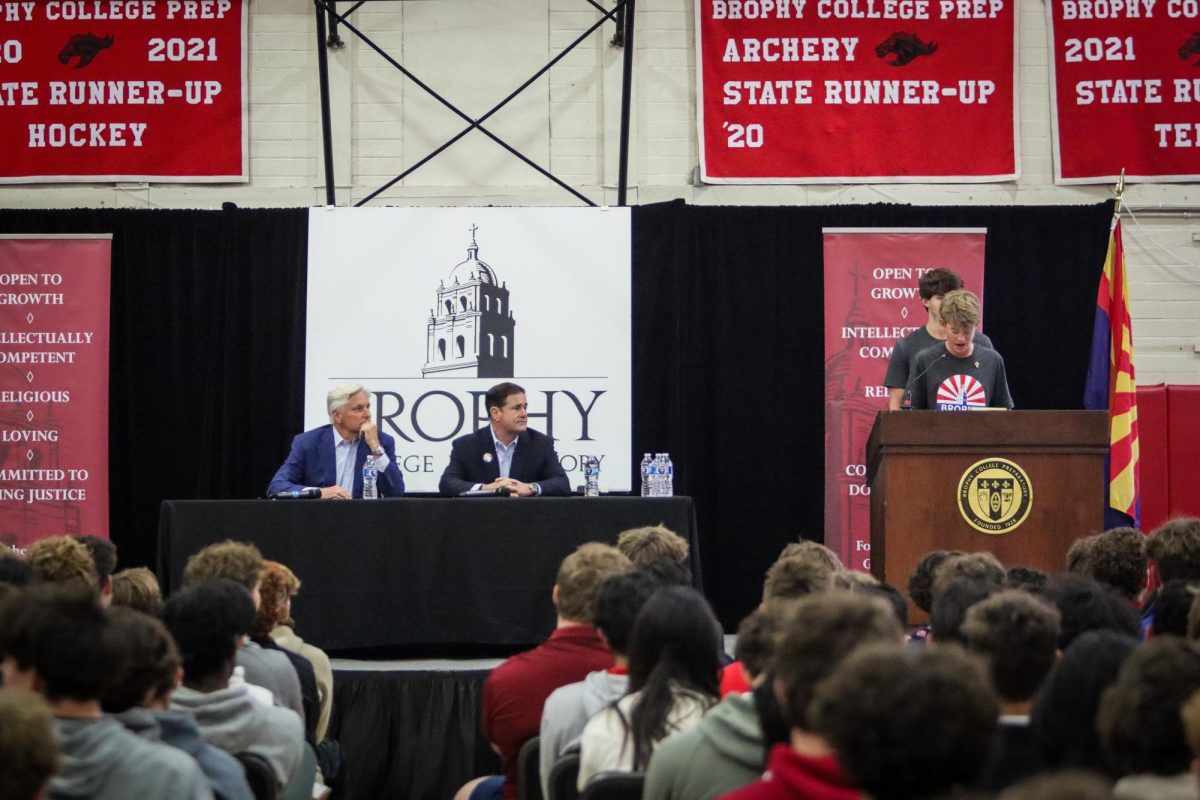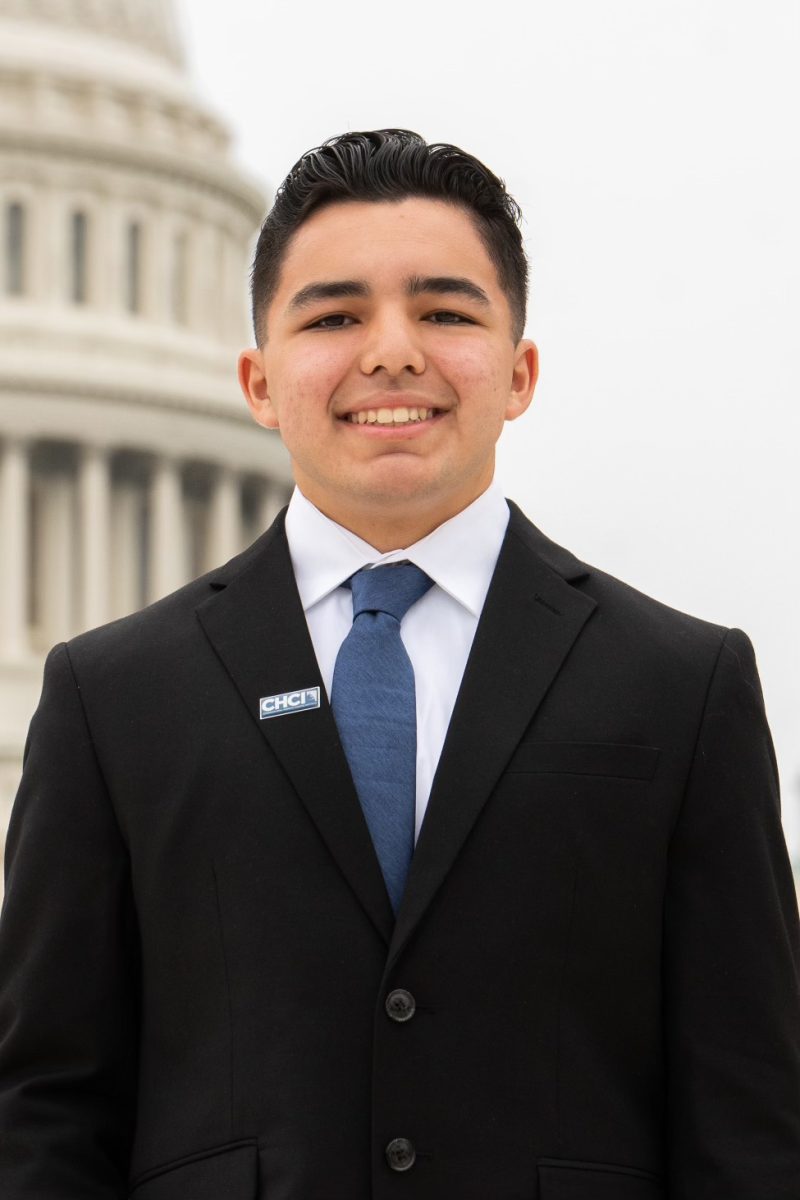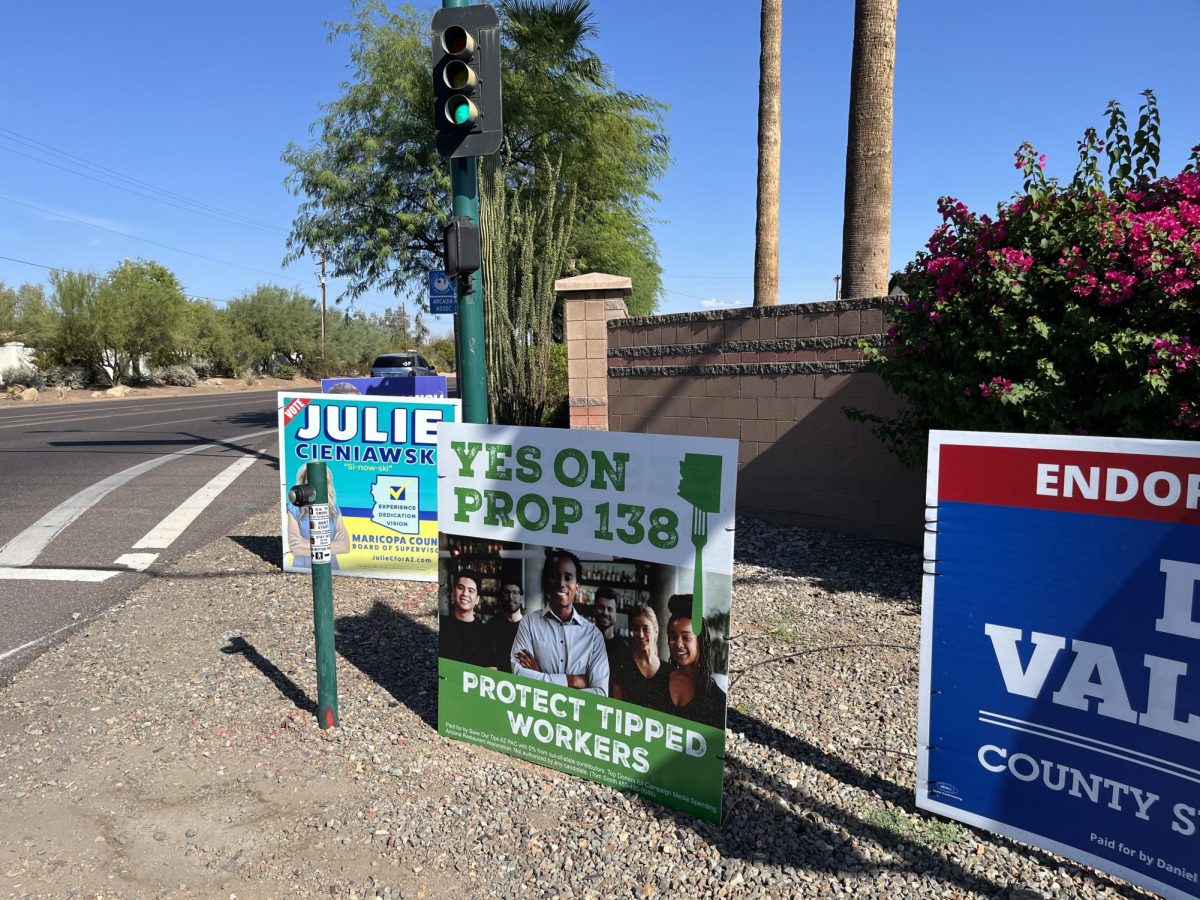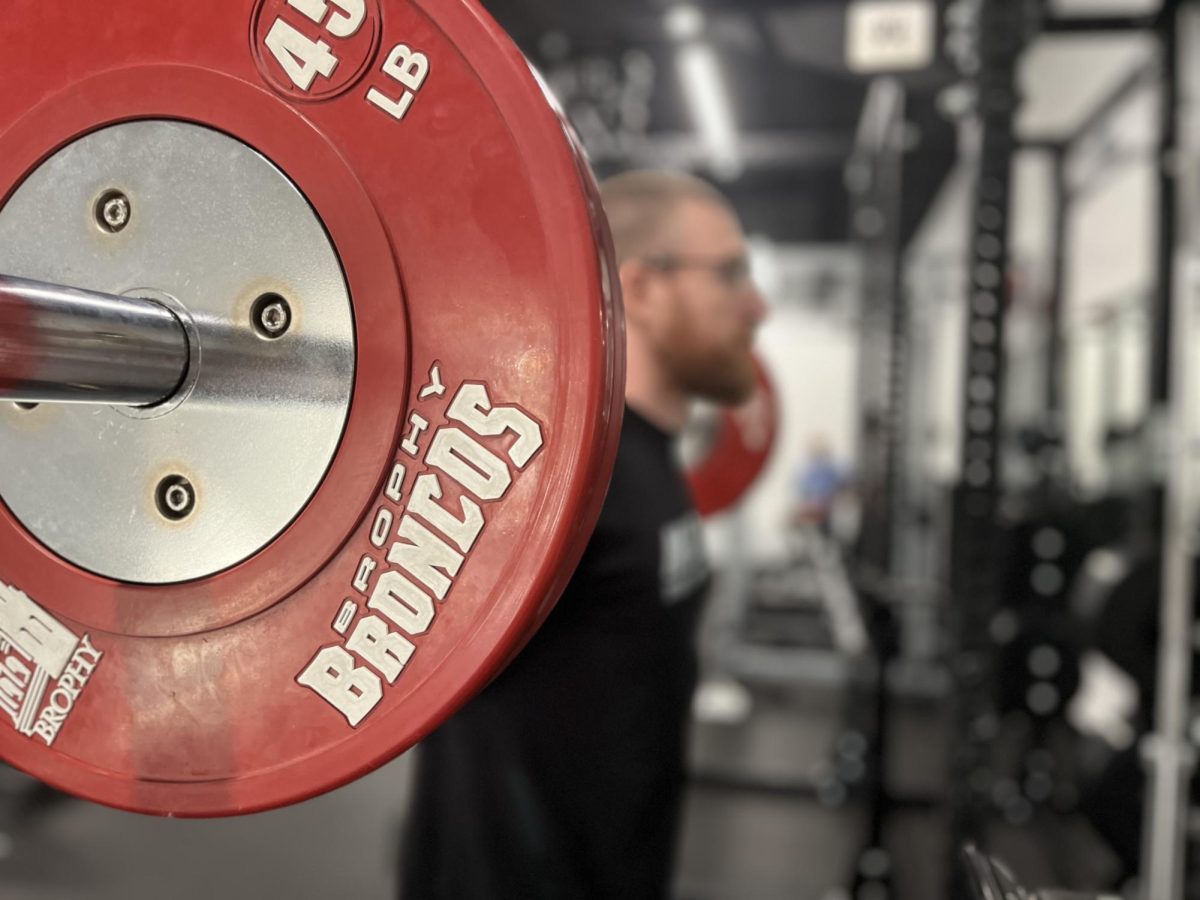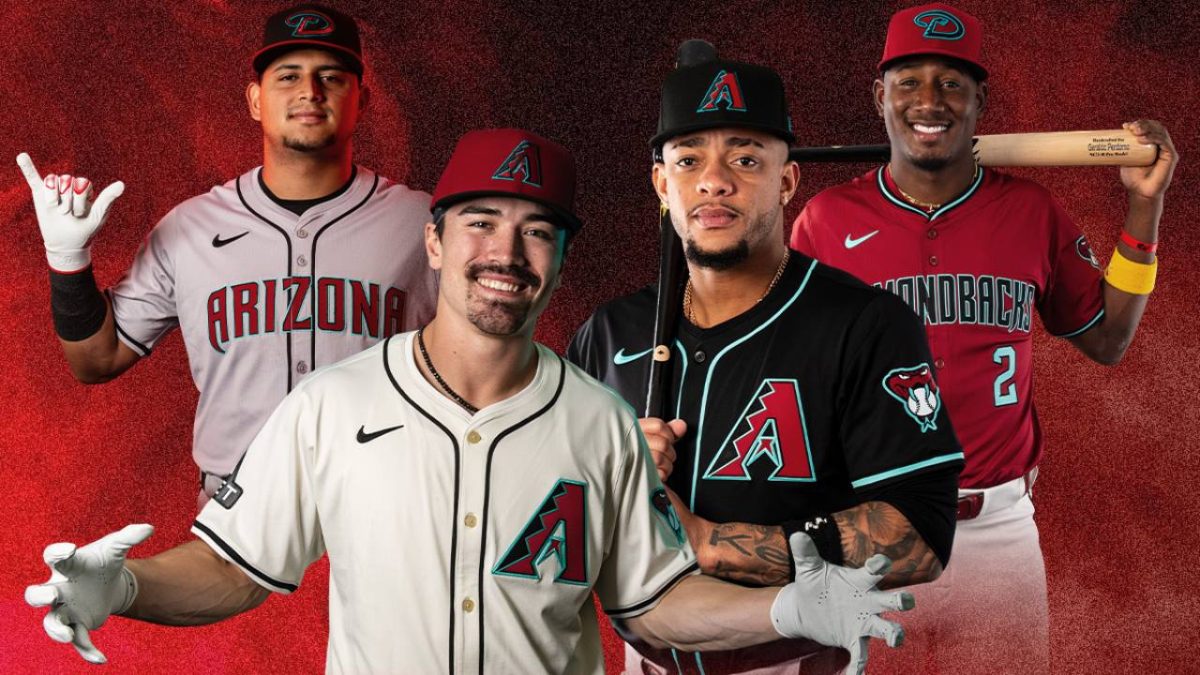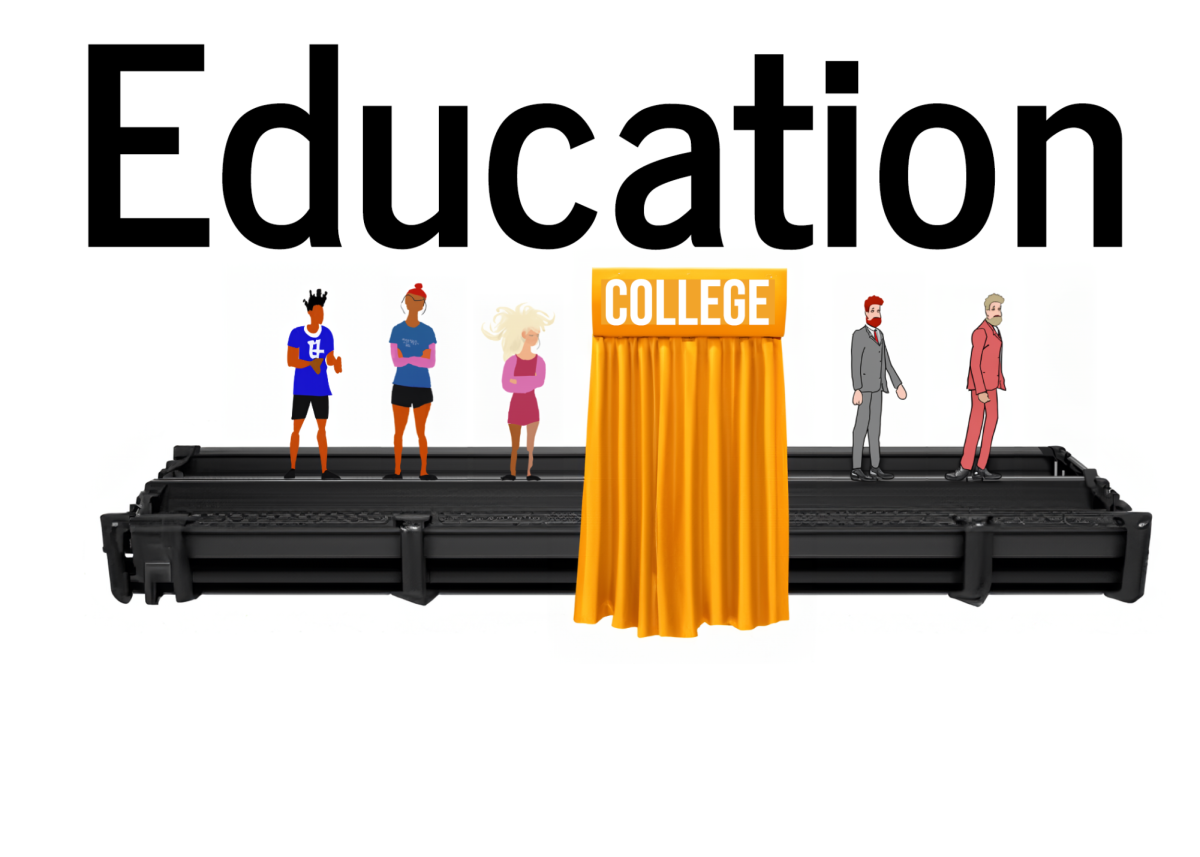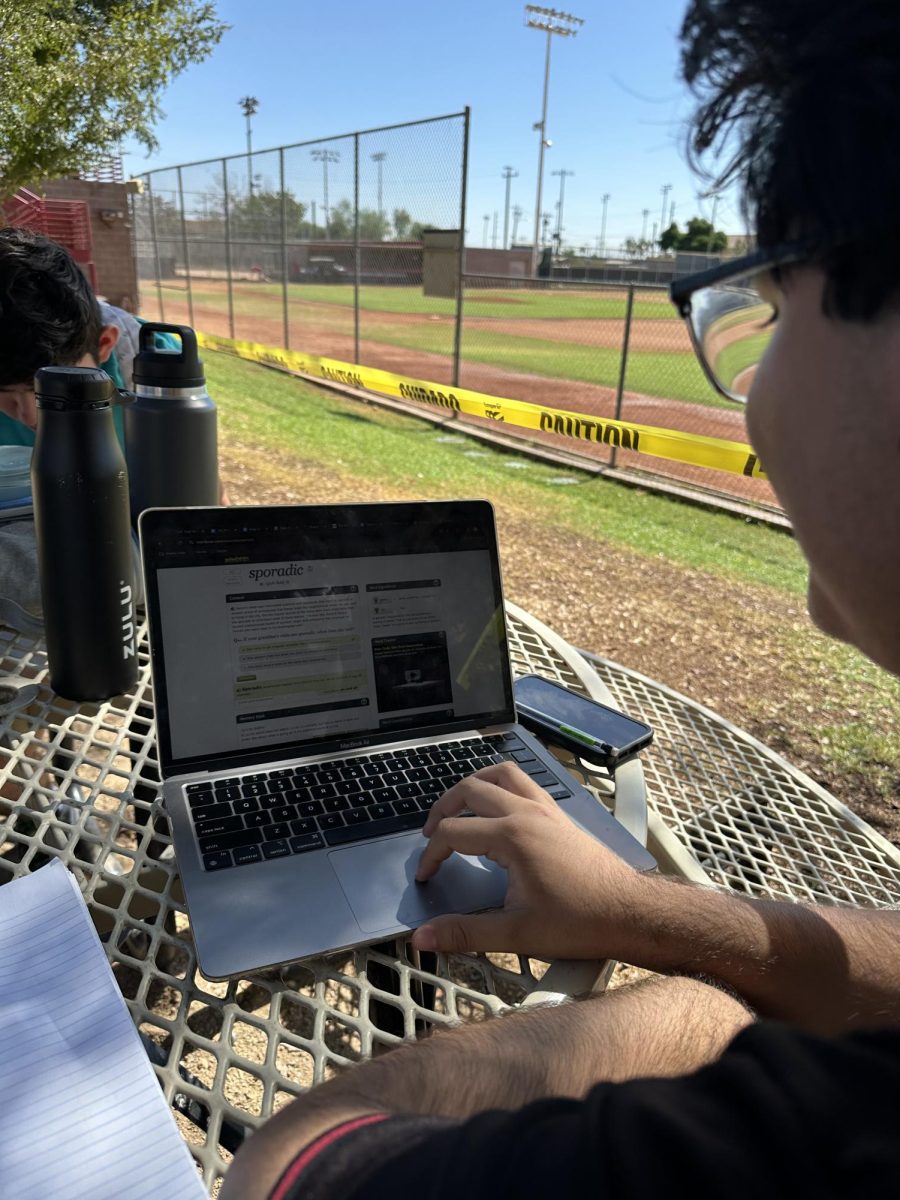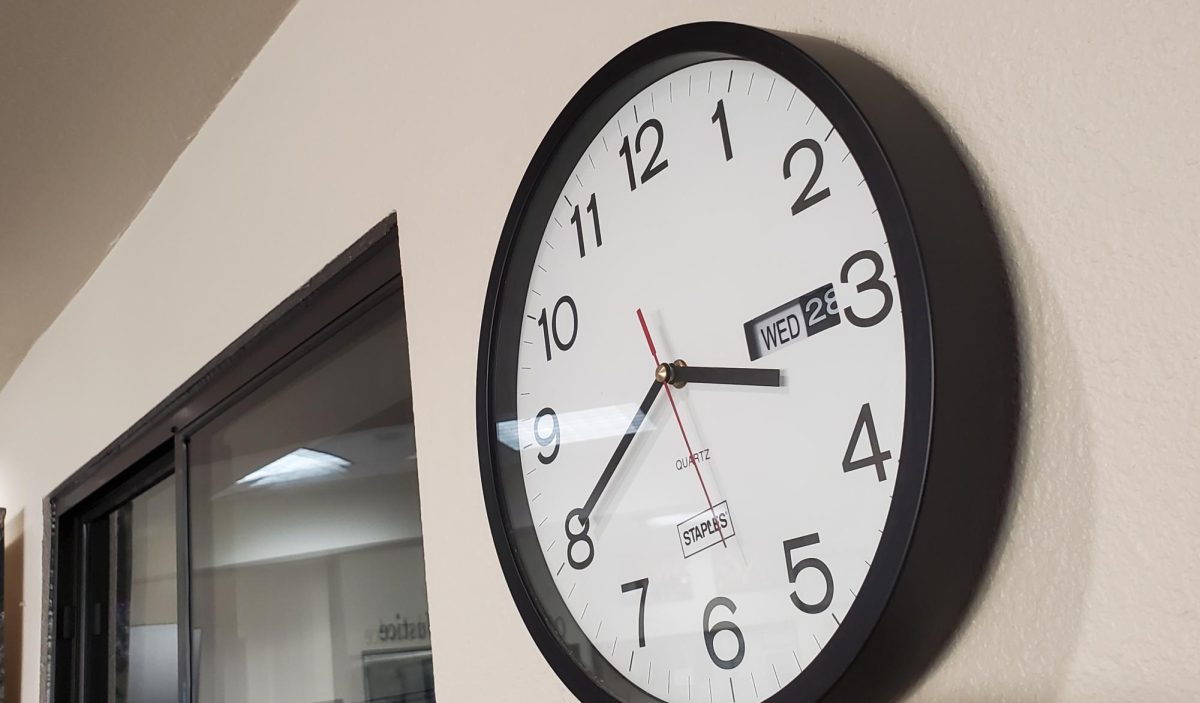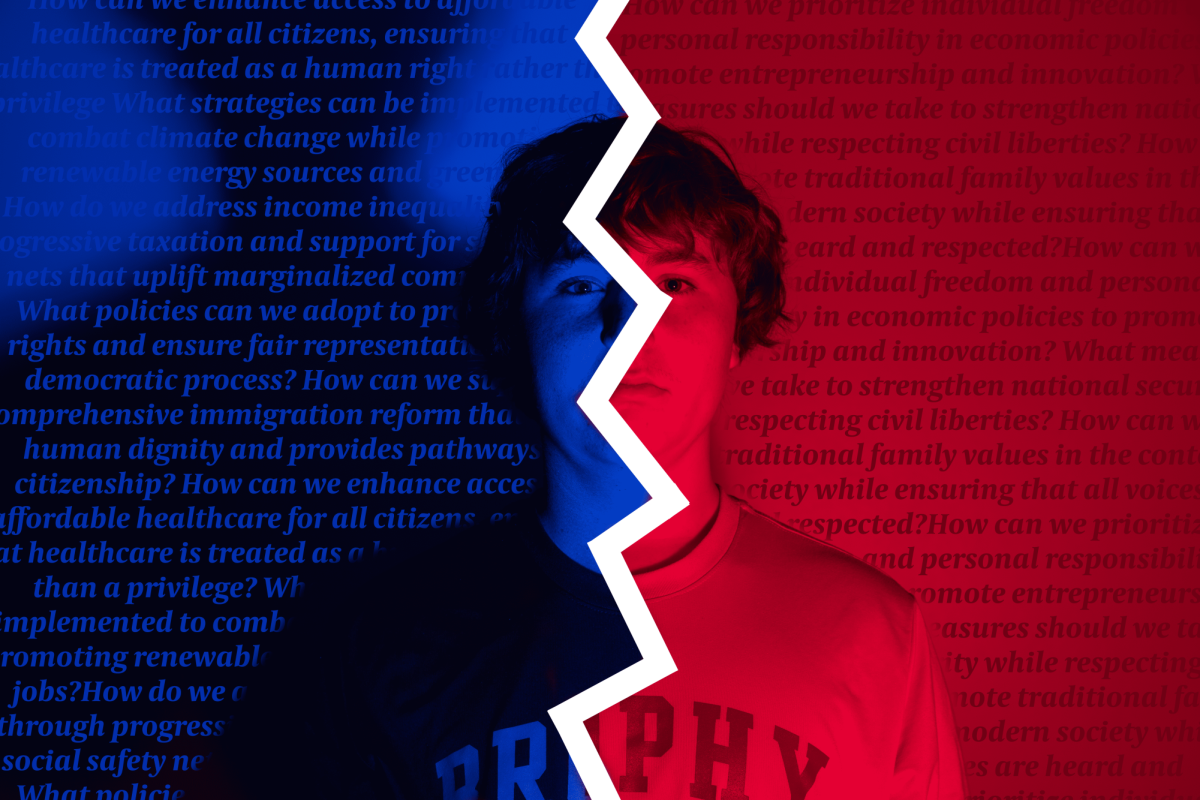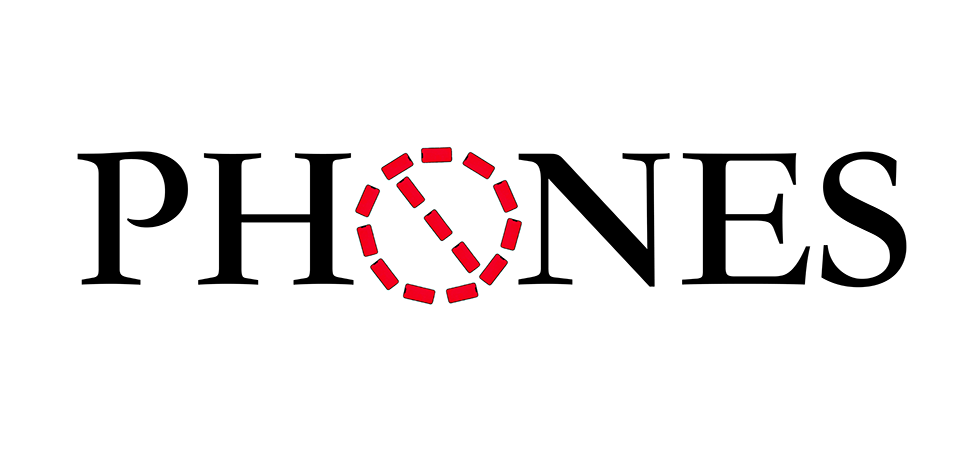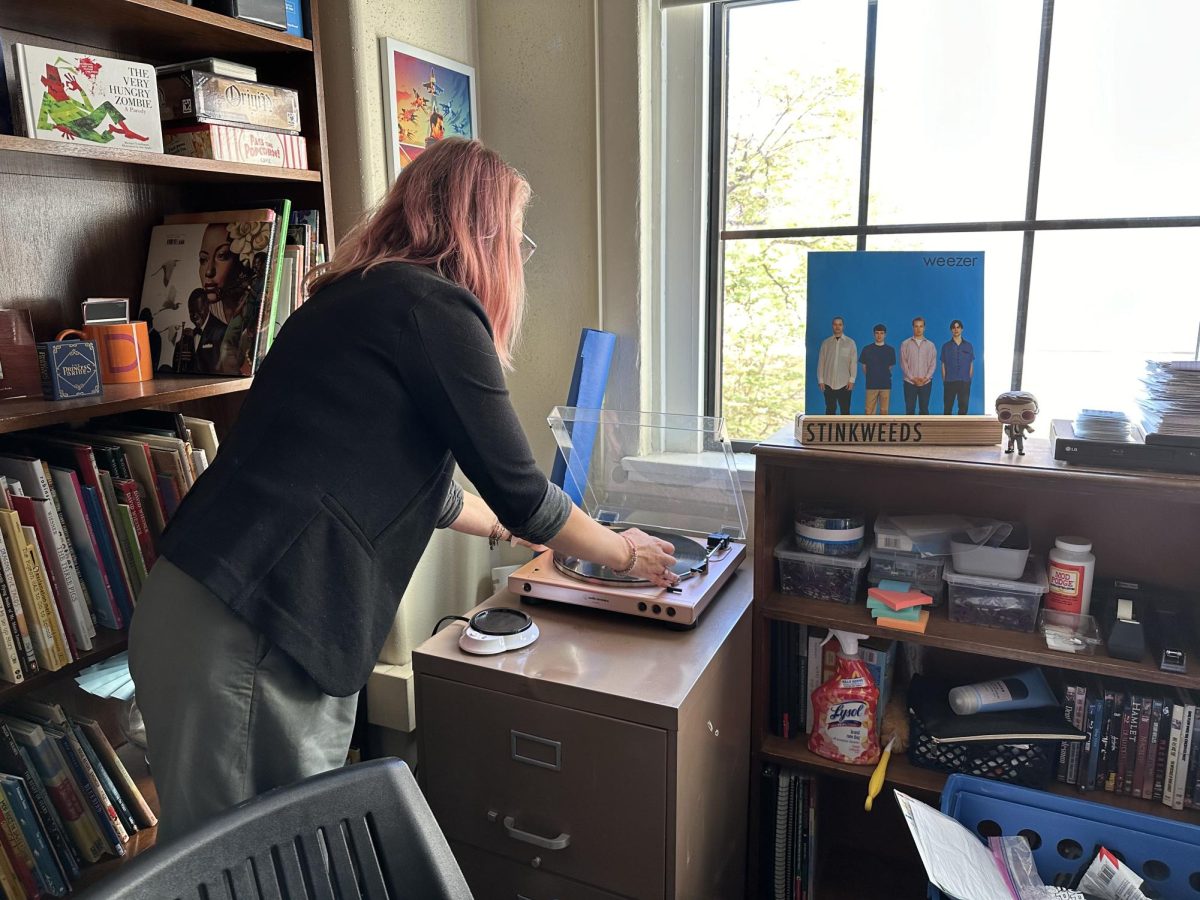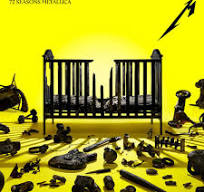By George Anton ’21 and Carl Justice ’21
THE ROUNDUP
The Brophy Advocacy Club has partnered with Aliento Votes in an effort to increase youth voter turnout for the 2020 election.
Aliento has been a partner with the Advocacy Club for almost three years, and is self-described as “a community organization that is DACA, undocumented, and youth-led.”
Four Advocacy Club leaders, Diego Acevedo ’21, Xavier senior Abril Valenzuela, Darian Benitez ’21 and Ivan Robles Barrera ’21, are working with Aliento this year.
“We tend to work with organizations that we have a relationship with already,” said Mr. Will Rutt ’08, a moderator of Advocacy Club and Director of Ignatian Service and Advocacy of the Office of Faith and Justice. “Aliento works explicitly with youth, and they center undocumented and directly impacted folks really well.”
Advocacy Club, like Aliento, is focusing on youth for this election.
“What we’re trying to do is reach out to young voters to tell them why it’s so important for them to go out there and cast their vote,” Acevedo said. “In some aspects, Arizona is probably going to decide this election, so we’re trying to do our best to get as many people registered as possible.”
Aliento hosts three to four phone banking events per week, and Advocacy Club has worked to bring some of the events to campus.
“Last time, there were about 30 students at Brophy, and we made about 560 calls in one night,” Acevedo said.
Acevedo and Valenzuela work to coordinate activities between the two organizations. During the Oct. 1 phone banking session, Aliento worked on Zoom while the Advocacy Club added an in-person event on Brophy’s campus simultaneously.
“We worked collaboratively with Aliento to create this event, and also to create a means of communication between both organizations,” Valenzuela said. “Our partnership and collaboration with Aliento has looked like us jumping onto each others’ projects.”
The Advocacy Club also partnered with Aliento to gain access to some of their resources, especially lists of potential voters.
“The hard part of ‘get out the vote’ work is that you have to have lists, and lists are very expensive, Mr. Rutt said. “It’s very hard for an individual group that doesn’t have funding to get access to a potential voter list, according to demographic, region, or however it breaks down.”
Acevedo and Valenzuela each have personal stakes in the issue.
“For me personally, I’m an undocumented student, so I’m not able to vote. This election is very important for me because it can decide my future,” Acevedo said. “It can decide whether or not I can stay in this country, whether or not I can pursue my education and pursue my dreams. Because I can’t vote, I’m trying to do the next best thing and that’s get young voters out there.”
Valenzuela also has a personal connection to the issue.
“As a woman of color and a daughter of immigrants, I think this election is largely important because of the policies that will come from it,” Valenzuela said. “For myself, I have some DACA-recipient family members who have been affected by the current administration’s policies.”

